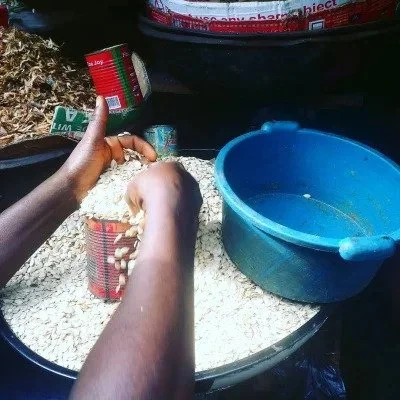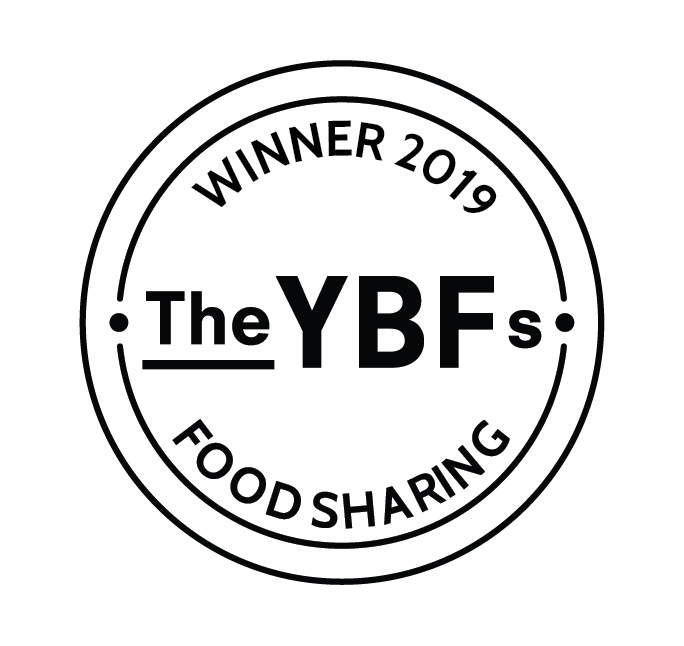You’ve heard we’re the Nigerian tapas restaurant. You know that means “bold Nigerian flavours made to share”. But if you’ve never actually tried Nigerian cuisine before, that definition might still feel abstract. If you’re curious to know what Nigerian food is like, then this post is for you. In Nigeria, food isn’t just about nourishing your body - it feeds the soul too. Our founders, Emeka and Ifeyinwa, take you through what Nigerian food means to them and why it’s so much more than just a meal. And from reading their words, we think you’ll come to understand why the Chuku’s experience they created had to be about more than just food.
Ifeyinwa and Emeka kitchen-ready in Chuku’s pop-up days
“A Cultural Bridge Between My Two Homes” – Emeka
Nigerian food is punchy, bold flavours and strong aromas. The centrepiece of every Nigerian social gathering, it alone is cause for celebration.
Nigerian food is fluffy dumplings made from crops pulled from the earth, and dipped in rich stews where indigenous fruits, leafy superfood greens and magic beans form the base. Peppered with mixed spices, grilled meats and smoked fish, it’s dramatic, hearty food.
Yam - a Nigerian staple
No frills, no airs and graces. Simply it’s comfort food made with love. Food that gives you a big hug and says welcome home. Don’t be shy! Roll your sleeves up and get stuck in.
For me, it’s that cultural bridge between my two homes, taking me back to roots. Taking me back to my Nnenne who always feared that one day I’d lose my connection with where I had come from - yet with every delightful mouthful, how could I ever forget?
“An Invisible Family Tree” – Ifeyinwa
Nigerian food is the head of the family. She is the matriarch - the one around which all her children gather. She welcomes them in no matter how far they travelled from home or how long they've been gone. For those meeting her for the first time, she travels from their tongue to their stomach, bedding down roots and connecting them to all others that know her - an invisible family tree.
Boli (roasted plantain) in Lagos, Nigeria
She wipes the tears of her children as they arrive heartbroken at the loss of a loved one. She shares in the celebration of another year of life, and cracks a joke to alleviate the weight of returning from a long day at work. Nigerian food is always there - ready, waiting for her children to welcome them home.
She is old and her body is soft - pillowy, and providing extra comfort to those she holds. In her aged hands she holds the wisdom of a life well-lived, for she spent her youth foraging her motherland, learning the fruits the earth and their infinite possibilities.
Egusi seller at Ketu Market, Mile 12 in Lagos
An artist of sorts, she sees uses for parts others discarded, and from one plant created many gifts.
The years of wandering is painted on the wrinkles of her skin - each one, a story of an unwritten recipe. Within her chest she holds the secret to an array of flavours, and strong aromas permeate her clothes.
She is old, unassuming, unimpressive to behold in fact. The judging eye may think, "she's let herself go" but she's never cared for jewels or artifice. She's simple not simplistic, and those who know this recognise her magical beauty.
The Chuku’s Experience - Emeka and Ifeyinwa’s Ode to Nigerian Food
After hearing how Emeka and Ifeyinwa connect with Nigerian food, we invite you to do the same. Book a table, roll up your sleeves, and tuck into our sharing plates full of flavour and made with love.








